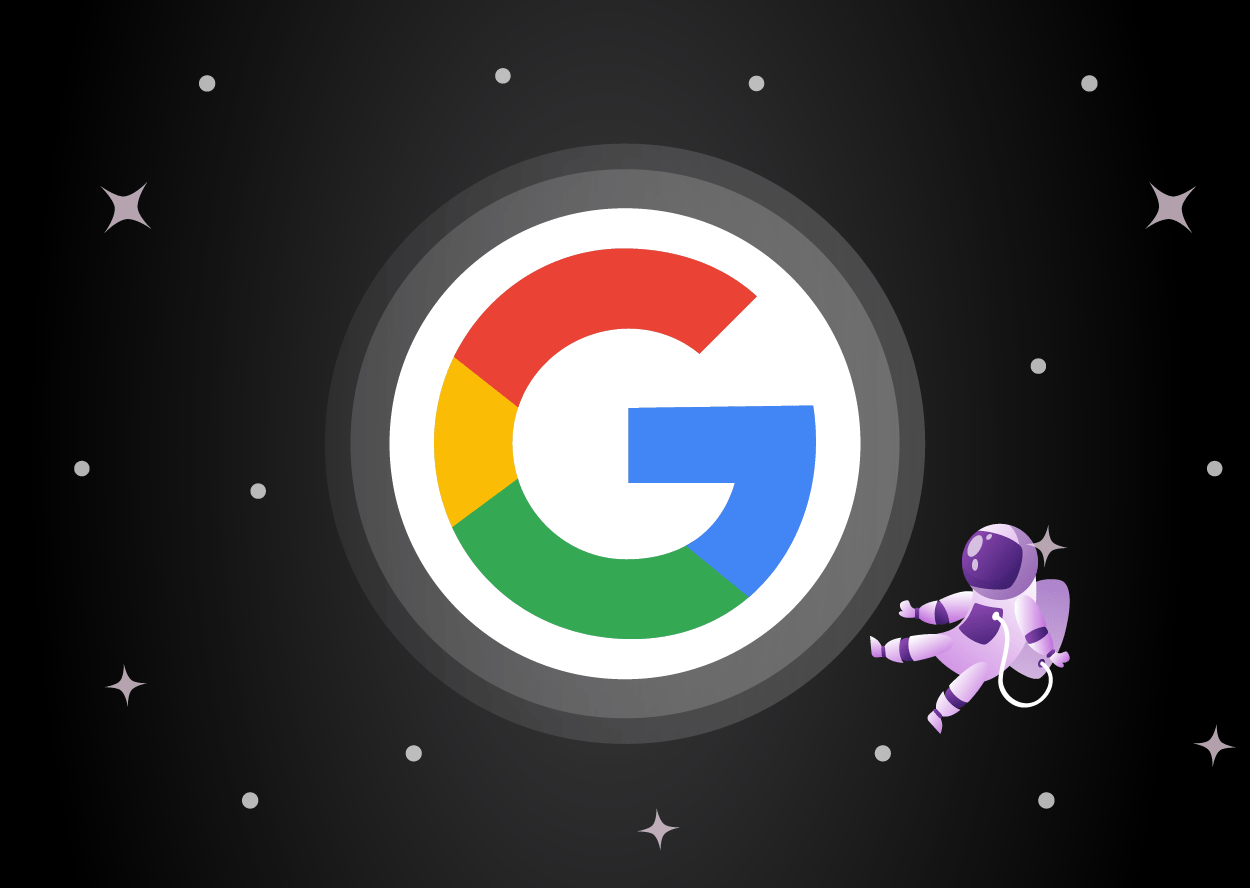Here’s why your reports might look different recently


As a results-oriented agency, we like to keep you in the loop on the performance of your Search Marketing (SEO) & Advertising campaigns. You may have noticed recently that the results look a little different, and you may even have seen some decreases in website visits.
What’s actually happening is that Google Analytics is changing. It’s not as accurate as it once was, since it relies on 3rd party cookies to capture data, and those cookies are now being automatically blocked by browsers by default (unless web users accept cookies).
So, how can you know if your own website uses “cookie consent”? Fairly easily: If your site explicitly asks visitors to accept cookies, then that’s cookie consent. If it just tells you it uses cookies, that’s just cookie notification.
Here’s what else you need to know.
What are cookies and why are they important?
In digital terms, tracking cookies are small files that a website saves on your computer. They’re primarily used to identify you in some way. They can then use that information for a range of different purposes, from giving you a great user experience to identifying your favourite interests, so that they can serve you ads.
There are two types of cookies:
- First party cookies are files owned by the site itself
- Third party cookies are files that are not owned by the site you visited
You accept cookies every time you visit any website (that’s what those banners are for). Every site is legally required to notify you about the cookies they install, and have been since the General Data Protection Regulation of 2016. Today, most websites give you a binary choice between Accept All or Manage Options.
That ‘Manage Options’ button means you technically have control over what cookies sites install on your device, although it’s often a finicky and impractical process – which is why most people are happy to hit the Accept All button.
So in practice, most users are tracked across the internet by companies they do not know. That’s the big takeaway that’s led to this latest development with Google Analytics.


So what’s changed with Google Analytics?
The recent big change is that those third party cookies are automatically blocked by default. This legal amendment is effectively challenging the concept of ‘implied consent’ – the idea that web users are fine with cookies because they didn’t say no to them when asked (or notified). The thinking behind the change is that most users would probably prefer not to be tracked by default, so third party cookies are now blocked by default unless web users take the time to specifically un-block them.
That has a significant knock-on impact on our reports here at 21Digital, because a lot of our reporting technologies (such as GA4) rely on third-party cookies. This change means that a lot of data isn’t properly passed on to Google, making it look like lots of sites are getting fewer visitors than they really are.
In a nutshell: GA4 is under-reporting at the moment, so the reality of your campaigns will be better than what Analytics is showing.
What happens now?
Our team is currently exploring a couple of alternatives here at 21Digital. For some sites, Google can already create a model of what the data should look like, but we’re also setting up additional tracking inside Google Ads, as well as trialling a different Analytics platform that doesn’t rely on third party cookies.
We now have more than 20 years of experience to our name, so you can trust us to know exactly what it takes to implement an effective SEO campaign. We are a multi award-winning agency specialising in lead generation and ecommerce, providing digital marketing services including web design, web development, SEO, Google Ads, digital consultancy, social media marketing and email marketing.














